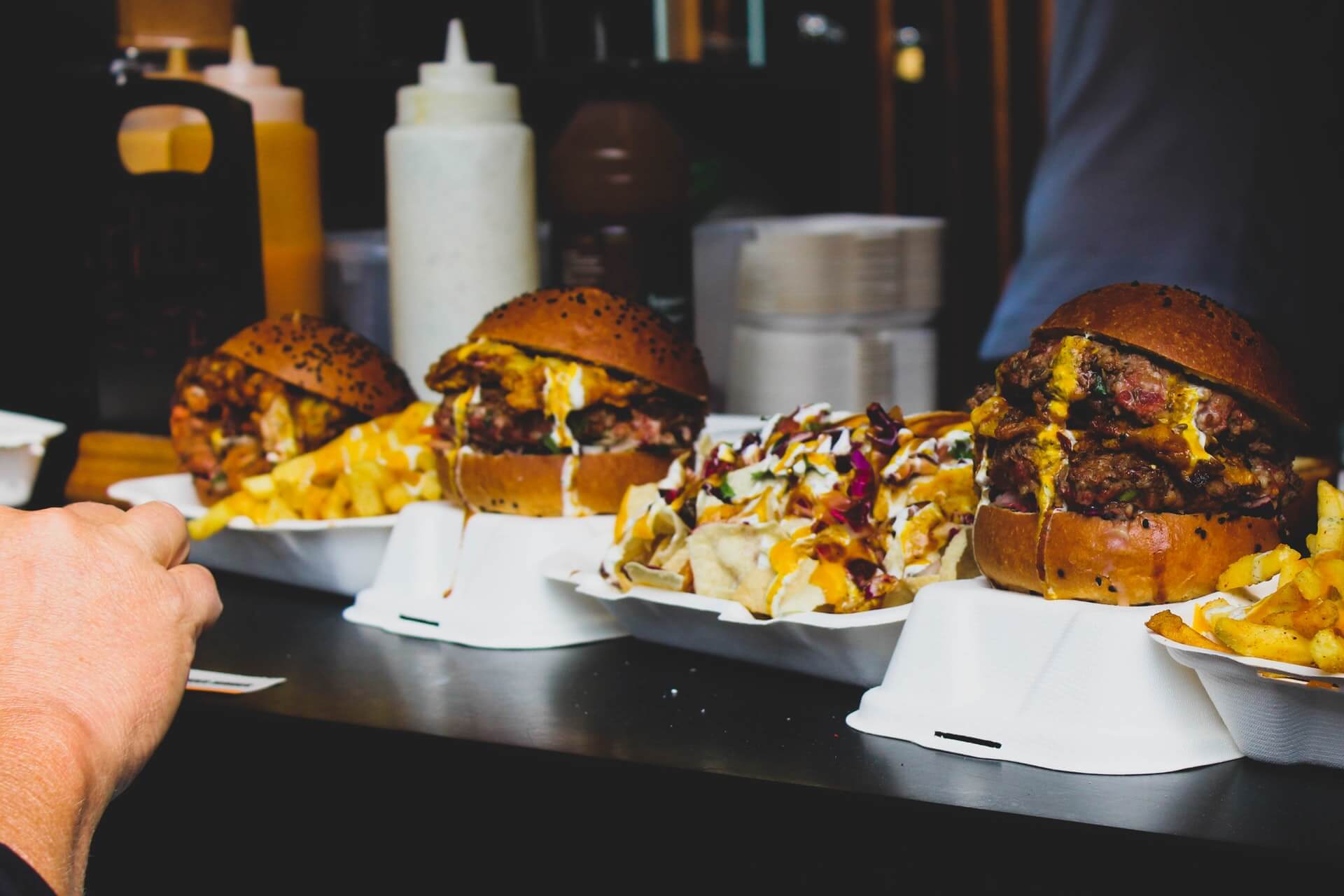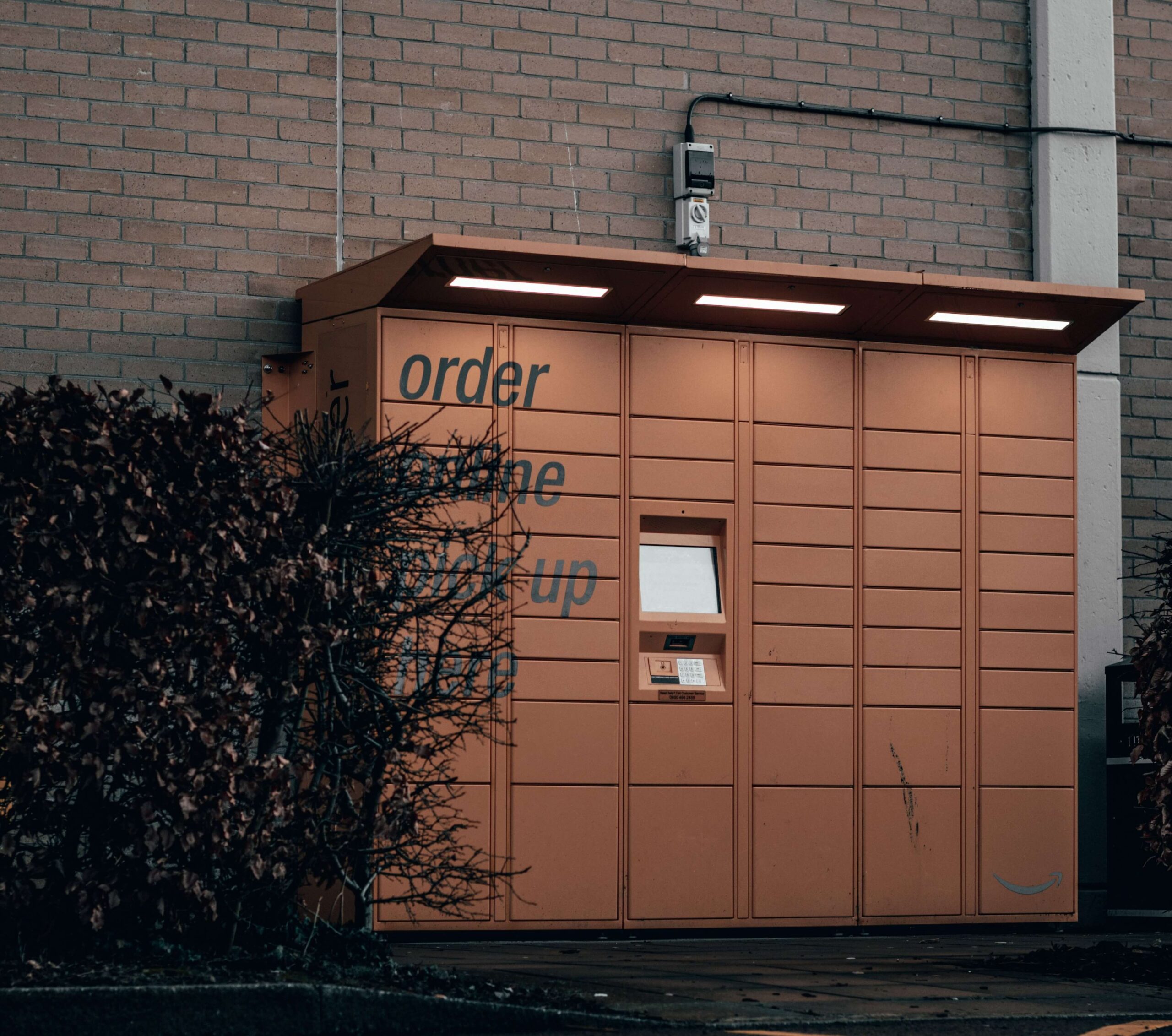SevenRooms Announces Olo Partnership
by David Klemt

SevenRooms continues to grow and develop innovative partnerships.
The platform’s newest partnership benefits the hospitality industry, operators, and consumers.
In joining forces with Olo, SevenRooms further helps restaurants, bars, and hotels position themselves to succeed in an increasingly digital world.
The Bleeding Edge
Olo, which literally stands for “Online Ordering,” predates the iPhone.
In fact, the company launched before smartphones were more than niche devices.
Upon its inception, Olo’s service consisted mainly of sending mobile coffee orders to restaurant printers via text message.
Like SevenRooms, Olo seeks to stay ahead of the consumer behavior curve:
- 2005: Olo launches, anticipating coffee drinkers will eagerly embrace mobile ordering.
- 2008: The company predicts fast-casual restaurants will become faster than fast food.
- 2012: Olo envisions the redesigning of kitchen restaurants to include pickup windows.
- 2015: The platform sees the future for foodservice is delivery.
Now, Olo is dedicated to making sure online ordering customers benefit from the industry’s digital transformation.
The Partnership
SevenRooms ensures clients who also use Olo can capture their off-premise customers’ information. That data then creates profiles for those customers automatically.
This partnership leverages SevenRooms CRM and marketing automation integration. Operators will be able to send post-order surveys to off-premise, online ordering customers automatically.
So, operators can learn what is and isn’t working off-premise; elevate the experience of off-premise customers to increase online order frequency; convert those customers to in-person guests; encourage repeat visits; and increase profitability.
Moving forward, SevenRooms and Olo users will get to know their off-premise customers better.
“To meet the ever-evolving needs of our hospitality clients, we’ve continued to seek out strategic partners who help us provide an even more comprehensive solution to operators,” says SevenRooms CEO and founder Joel Montaniel. “Our integration with Olo delivers on our promise of offering a 360-degree platform focused on helping operators build deeper, direct relationships across on- and off-premise experiences. This partnership facilitates better operational efficiency and online data capture, ultimately helping operators optimize the profitability of their delivery and takeout business while strengthening customer relationships. We are excited to welcome Olo to our partner network, and look forward to our continued collaboration to drive better, more streamlined solutions for the industry.”
Learn more about SevenRooms here. Click here to learn more about Olo.
Image: call me hangry 🇫🇷 on Unsplash


